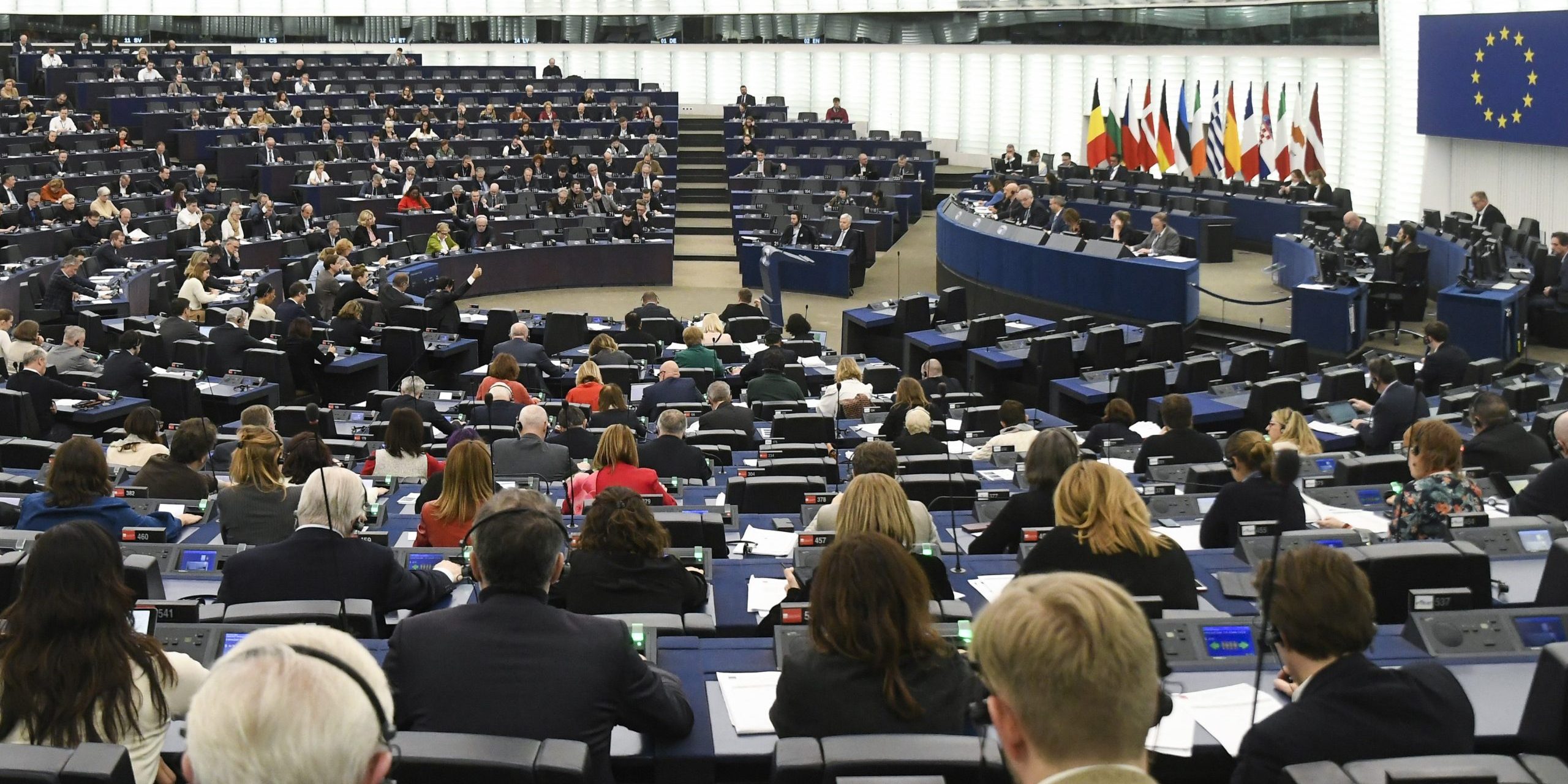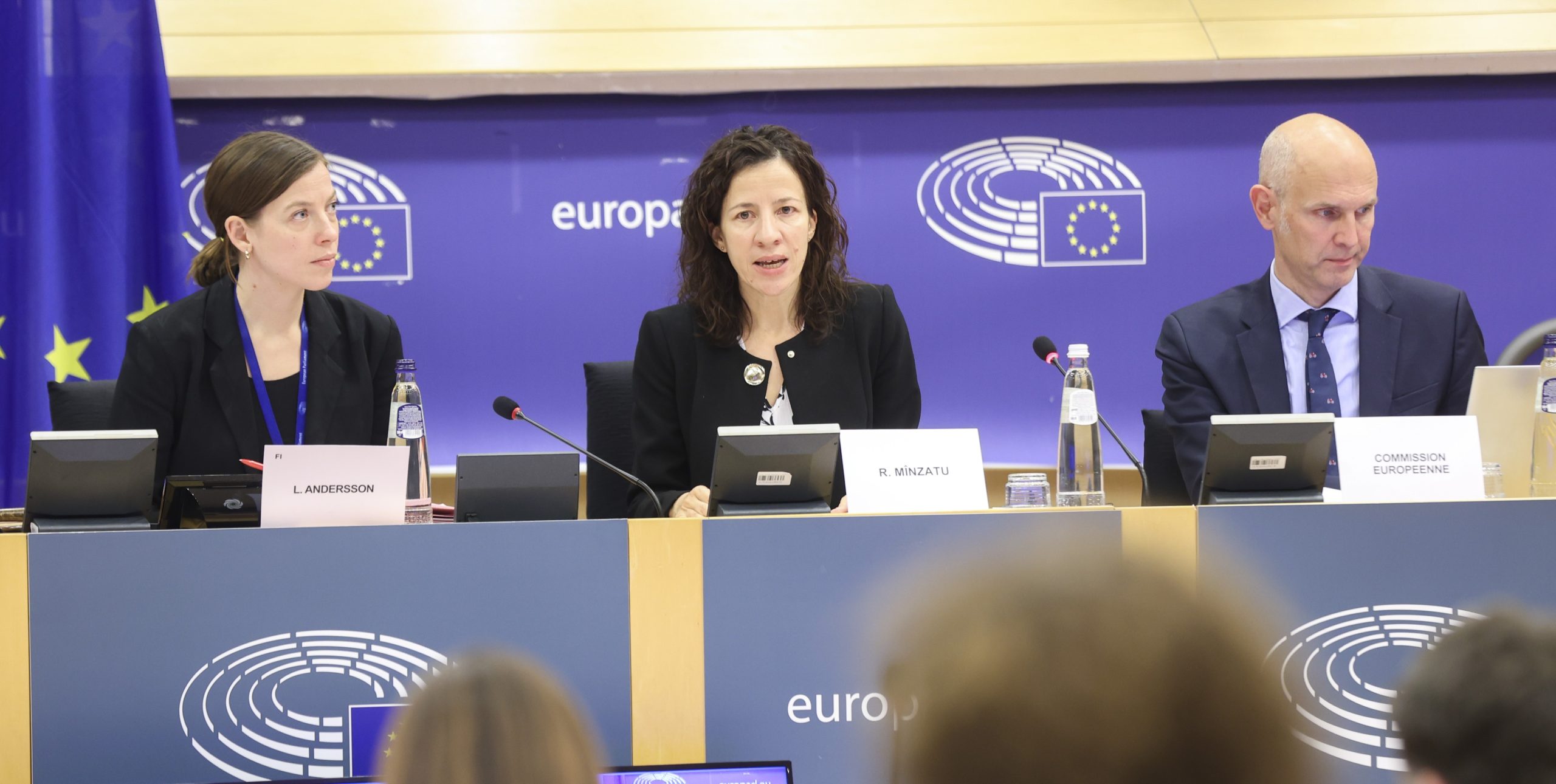
Contradictions laid bare to MEPs
DG EMPL and Commissioner Mînzatu meet the Parliament's employment committee.

On Wednesday (19th of February) the Parliament’s committee for employment and social affairs (EMPL) hosted a hearing from the Commission’s DG for the same topics, along with Commissioner Mînzatu. Up for discussion was a report on employment and social developments in 2024, and an exchange of views with the Commissioner (our reaction to the recently released work programme is available here).
Presented by DG EMPL’s Mario Nava, the report Employment and Social Developments in Europe 2024 outlined some incredible contradictions between our world of work and workers’ wellbeing.
Despite employer groups lamenting it’s untimely death, evidence (not empty rhetoric) shows that the European labour market is both robust and record setting. Our employment rate sits at an all-time high of 75%, on course to reaching the 78% target set out by European leaders during the previous mandate. Women’s employment rate now sits above 70% for the first time, while a record low in unemployment was also reached with the figure now at 5.9%.
However, it is not a positive outlook described by Mr Nava as “not bad … but not good enough”, with figures showing that employment no longer guarantees a high standard of living in Member States.
The reality for millions of workers remains bleak, with 93.3 million Europeans at risk of experiencing poverty or social exclusion in 2023. Roughly 20 million children in the EU were at risk, representing 24.8% of children under the age of 18.
“While the Commission chases the wishes of businesses, workers, including professionals and managers, chase adequate wages. The lack of quality jobs must be addressed by this college, and professionals and managers must be given the protections and relief they desperately need”.
Deprivation, despite a slight decrease in the risk of poverty, is still rampant.
In part, Commissioner Mînzatu did acknowledge the need for serious changes to the working of aspects of our labour market. Unfortunately, no solutions have been presented in the Commission’s work programme, with EMPL committee chair Li Andersson beginning the afternoon hearing by describing it as a disappointment.
Estelle Cuelemans (S&D, BE) emphasised the need for legislation on algorithmic management in the workplace and a directive on work-related psychosocial risks, calls echoed by MEPs Ohisalo (Greens, FI), Chaibi (Left, FR) and van Sparrentak (Greens, NL).
Alex Saliba (S&D, MT) also raised the need for progress in the field of telework and the right to disconnect, with a proposal not presented despite reassurances during the end of the previous mandate.
The response to these and other questions on Just Transition and occupational health and safety was simple: the Quality Jobs Roadmap, due at the end of the year, will look at where changes can be made. The Commission’s move to reduce the introduction of legislation will result in a waiting period to evaluate where changes can be made, and how they should be packaged.
Against the backdrop of a Europe of high employment, in-work poverty and inequality, wait and see to appease business groups does not strike us as an obvious answer.
Reacting to the hearings and overview of the employment and social developments in Europe, Eurocadres President Nayla Glaise stated;
“We live in a Europe of record-breaking corporate profits, record-lows in unemployment, and, unbelievably, incredible deprivation.
While the Commission chases the wishes of businesses, workers, including professionals and managers, chase adequate wages. The lack of quality jobs must be addressed by this college, and professionals and managers must be given the protections and relief they desperately need.
It may be a cliché, but we live in a society, not an economy, and workers, many of whom are struggling, must be given a pathway to social and economic protection.
We must wait for the Quality Jobs Roadmap, but based on the rising number of problems we face in Europe, it will need to be an unprecedentedly packed programme”.
